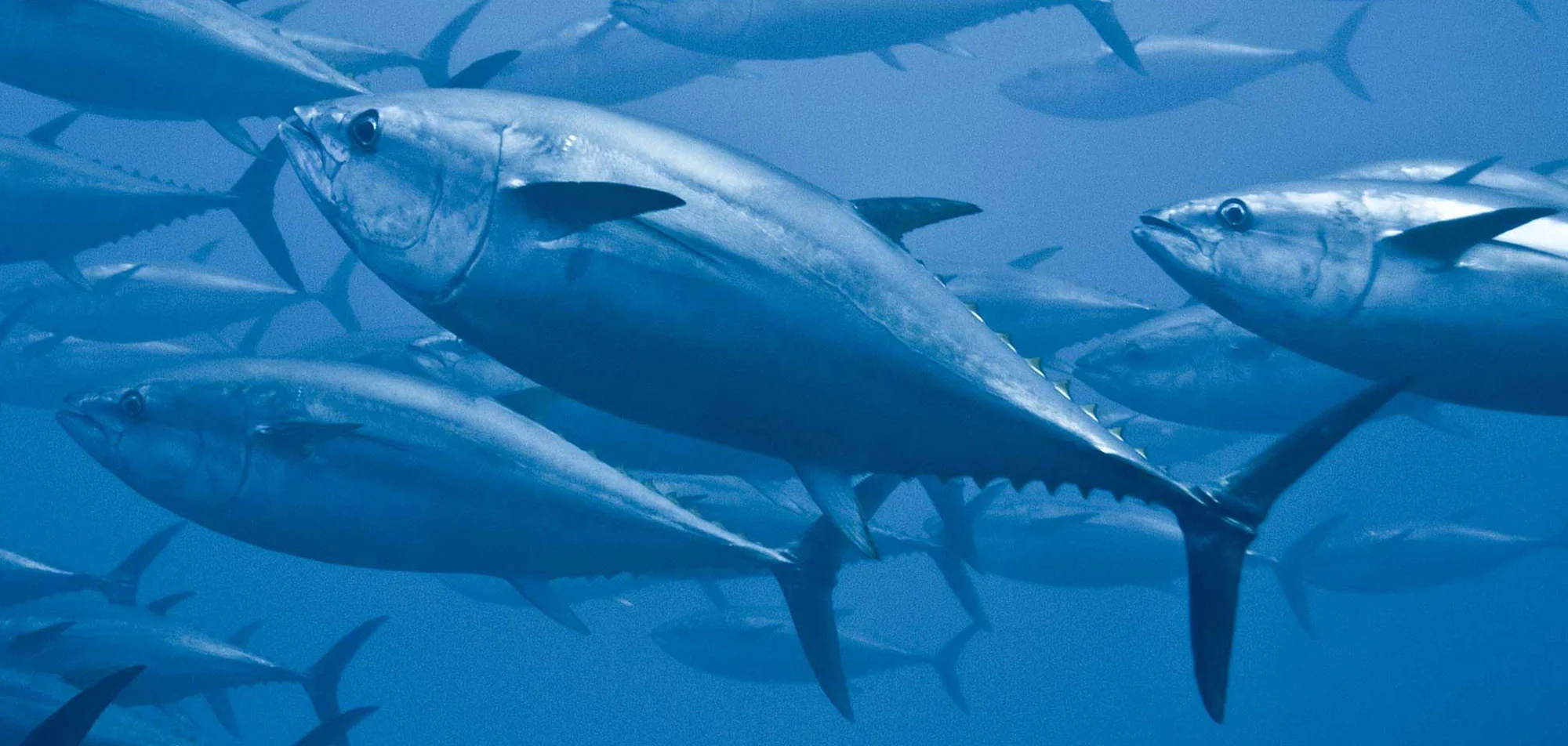Sunday, 1 February 2026

In a strategic move to enhance the sustainability and global competitiveness of its seafood sector, India is pursuing internationally recognised eco-labelling certification for the traditional pole-and-line and hand-line tuna fisheries of Lakshadweep. Union Fisheries Minister Rajiv Ranjan Singh highlighted that certification and traceability are the next critical interventions for the sector, aimed at rewarding low-impact fishing practices with premium market access.
The initiative underscores India’s commitment to promoting environmentally responsible fishing while ensuring tangible social benefits for artisanal communities in Lakshadweep. With proper certification, tuna caught using these traditional methods can command higher prices in global markets, directly benefiting fishers and reinforcing the economic viability of sustainable practices.
The consultative meeting on fisheries development in Lakshadweep, attended by representatives from NITI Aayog, the Marine Products Export Development Authority, ICAR institutes, NABARD, and other central agencies, focused not only on tuna fisheries but also on the high potential of seaweed and ornamental fisheries. Praful Patel, Lakshadweep Administrator, noted that the 4,000-square-metre lagoons around the islands offer vast opportunities for seaweed cultivation, positioning the region as a potential global hub for this emerging sector while enabling enhanced livelihoods and women’s participation in community-based enterprises.
In parallel, the government is advancing legal frameworks to enable sustainable deep-sea fishing in the Exclusive Economic Zone and High Seas, reflecting a long-term vision for the sector. These interventions aim to consolidate India’s position as a responsible and innovative player in global fisheries, combining environmental stewardship with economic growth and inclusive development.